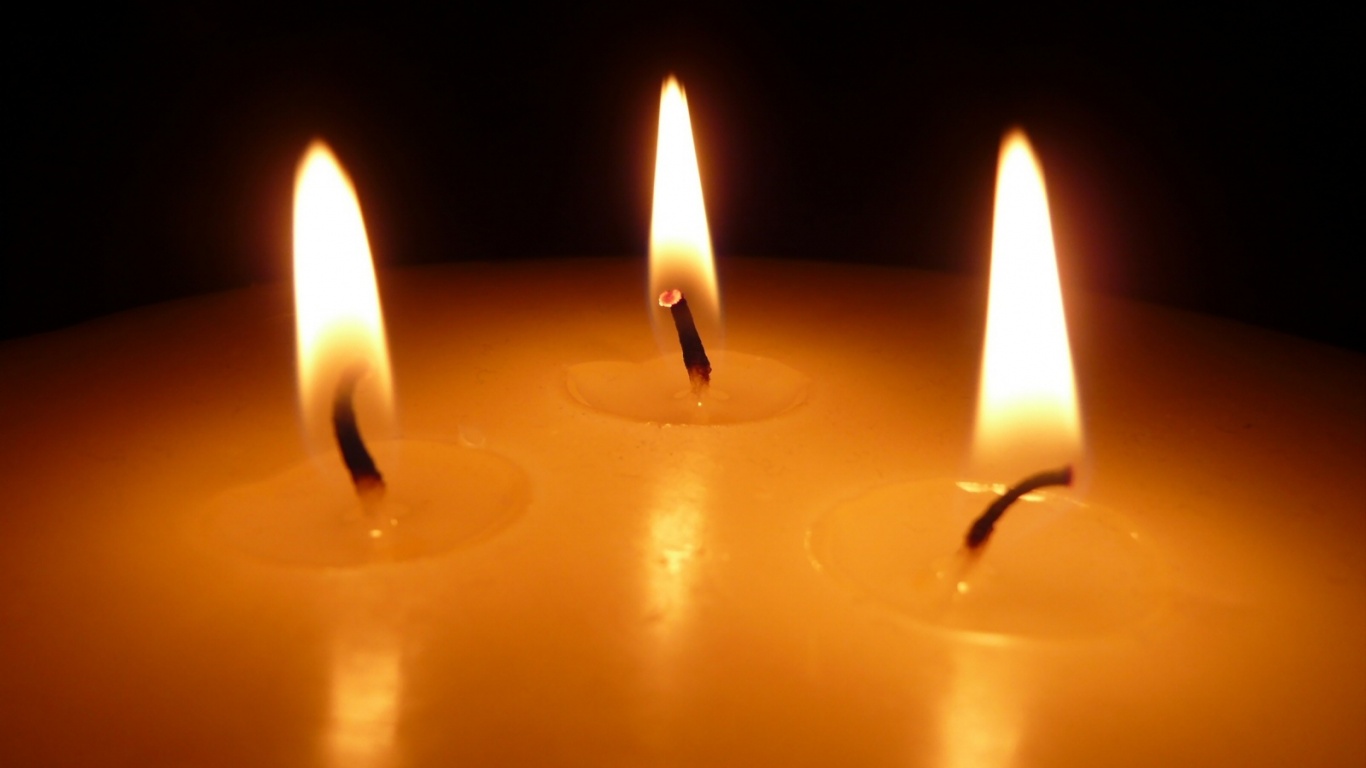1 Sir. 27:30-28:7; 2 Rom. 14:7-9; Mt. 18:21-35
Think twice! I love dogs. All our dogs have a special place in my heart but I am not one to kiss a dog. Some people do but I pass on that. Now if you said kissing a dog brought me freedom well I might think twice. I also love jalapenos but I would not want to eat 100 of them. If I was told eating 100 would bring me the grand prize then I might think twice. This Sunday’s message continues the Lord’s call for forgiveness. If you recall I started last week with the basic principle that God is a God of order. In the order of salvation history Jesus presents an analogy of God’s love and mercy in forgiveness of our sin in the form of a debt. We love to hear that. The order of forgiveness also has a mandate to forgive others and that his mercy also requires justice. We are not as eager to hear that justice requires something of us. It requires equal justice of our neighbor. His mercy depends on our acts of forgiveness for equal justice in the order of salvation to be perfected in salvation history. In short sin has consequences and forgiveness expectations.
The gospel reminds us of the consequence of sin but with hope. How many of us have hoped for purgatory? I suspect not many but think twice. We want to be forgiven with a straight ticket to heaven and no conditions. The hope of today’s gospel is that when we fail to be forgiving there is still the hope of settling the debt without eternal damnation. Purgatory is our hope. We don’t speak of purgatory or preach of purgatory very much, it makes people uncomfortable. It is like asking someone to kiss their dog. Why go there? For many our sins call for justice and purgatory is an assurance of heaven but not yet. What is purgatory?
The Catechism titles it “The Final Purification”. All our baptismal life we have been called to holiness, to be the light of Christ and to be sanctified by our faithfulness to God, Church, and God’s people. Sometimes the weakness of our human condition makes it difficult. Sometimes our readiness to respond is uncommitted. We desire to be holy but not yet. Heaven however requires holiness.
1st Corinthians 3: 10-15 speaks of a building upon a foundation that is given to us, “namely Jesus Christ” but to be careful how we build upon this with our lives “because the work of each will come to light for the Day will disclose it. What day, Judgment Day. “It will be revealed with fire and the fire itself will test the quality of each one’s work. If the work stands…it will receive a wage. But if someone’s work is burned up, that one will suffer loss; the person will be saved, but only as through fire.” Purgatory is the cleansing fire. Many of our separated brothers like to ask the question, “Have you been saved?” The theology is that once your saved heaven is the next destination on some “jet” wings. We don’t hear the question, “Are you a saint, holy and purified? The assumption is that baptism took care of that for all eternity. The problem with the argument is that scripture speaks to the “elect” about correcting their sins and the consequence of the cleansing fire for our sins “for the Day will disclose it”.
Dante describes purgatory as a “place where we go to wash our baptismal robles” of those sins. It is a cleansing by fire. The white garment received at baptism is a sign of purity but life brings about the stain of sin. The stain is cleansed in confession. It is also cleansed in suffering, to carry the cross, to fight the good fight of faith, hope, and love. Cleansing does not need to wait for purgatory. The invitation is here and now every day of our lives. In contrast wrath is one of the capital sins found in Dante’s circles of hell.
I was listening to Catholic radio and they were speaking of death. The host mentioned the days when churches had their own cemetery on the same grounds as the church. It was a reminder of those who have died in Christ, to pray for them, and to celebrate life in the body and blood of Christ who conquered death and brings us new life. It was also a reminder of our mortality and to prepared by our receiving each day as a gift from above and making an offering up to God our good works and sacrifices.
We pray for the dead and offer up Masses to assist the “dead” in their purification through the sacrifice offering at the altar in atonement for their sins. The Catechism (1032) quotes St. John Chrysostom saying, “If Job’s sons were purified by their father’s sacrifice, why would we doubt that our offerings for the dead bring them some consolation? Let us not hesitate to help those who have died to offer our prayers for them.”
There are many stories in the lives of the saints where they have experience apparitions of a person who has died asking for prayer or an offering of a Mass. These include priests or religious who claim to suffer in purgatory waiting for freedom from the fire of purification. The soul is alive waiting the day it too will be reunited to a glorified body but not yet. The final beatific vision has not arrived.
Jesus raises the bars of justice when he says “You have heard that it was said to your ancestors, “you shall not kill; and whoever kills will be liable to judgment. But I say to you whoever is angry with his brother will be liable to judgment…liable to fiery Gehenna (Mt. 5:21-22). Gehenna is the “unquenchable fire…reserved for those who to the end of their lives refuse to believe and be converted, where both soul and body are lost” (CCC:1033). Thus we have in the first reading the admonition speaking that “Wrath and anger are hateful things, yet the sinner hugs them tight.” So let us just clarify. The emotion of anger of itself is not a sin. It is how we respond to this emotion. The thoughts that feed it to wrath and vengefulness leads to sin. It is the holding on to these emotions that becomes an act of the will for sin is an act of the free will. “Remember your last days, set enmity aside; remember death and decay and cease from sin!” says scripture today.
Mercy requires a merciful heart for healing of sin. “Pay back what you owe” is not from a vengeful God who was patient with us all our lives waiting for the good works of mercy from us and then strikes us dead. It is a consequence of the choices we made by our free will. It is like the old commercial from Midas, “pay me now or pay me later”. Purgatory is later. Mercy demands justice and justice demands acts of mercy. What we are to give is small compared to what we are being offered without comparison. The good news of today is that God is waiting for us to take that first step of mercy and he will take the ninety-nine steps to bring us he love and mercy. Dare we be so proud as to hold onto the anger and wrath or do we fulfill this day the commandment of “love one another as I have loved you.” Choose wisely but remember that heaven requires holiness and holiness is a process of purification and purification is something we can start this day in the celebration of the Mass. Purification begins with a confession of our sinfulness and an act of atonement that is accomplished by our good works of mercy and love for one another.
We had someone come and speak to our community here at St. Francis Xavier of her vision of heaven and hell after a death experience. Those are transformational events that bring life, death, and eternity into reality. We are to live each day as if it is our first, our last, our only day to live as a gift from above to love to forgive and to be the best God created us to be.
The lifespan of a dog is perhaps 10 -13 years but in human years is 60-74. Do we want to extend our time in purgatory in dog years or human years? The kiss of death is sin but for a kiss of freedom think twice the grand prize is waiting.










Recent Comments